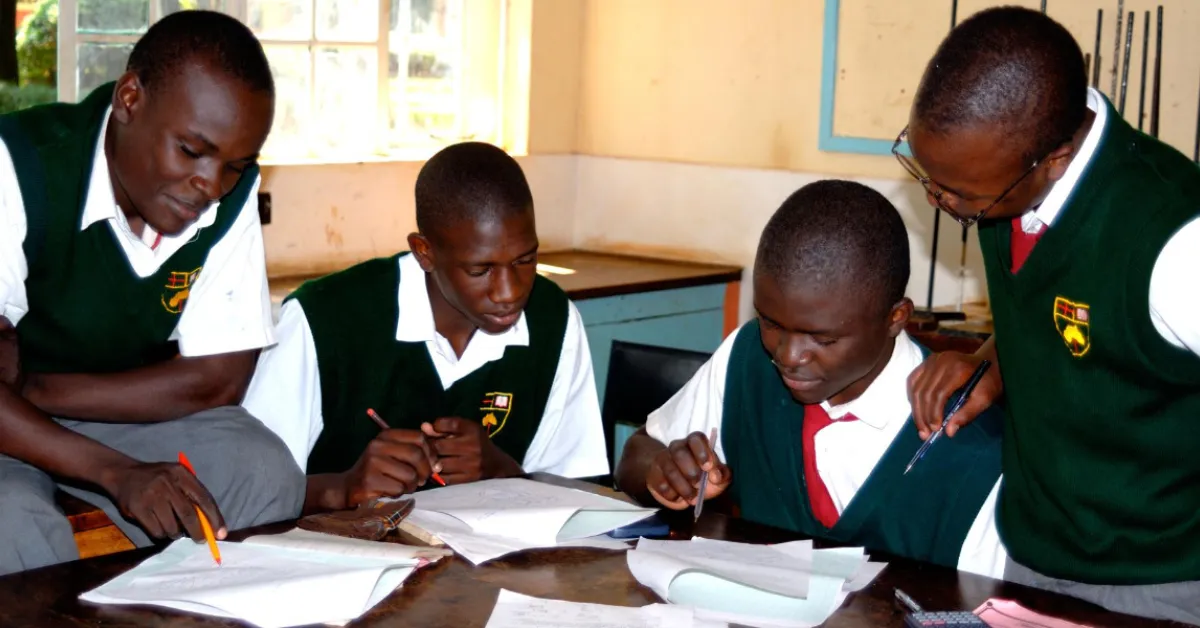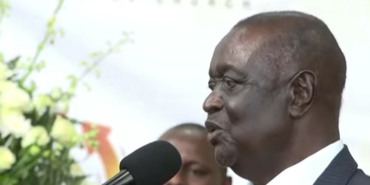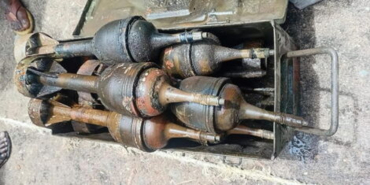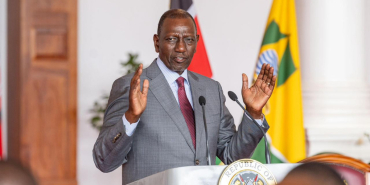Bribery and Hidden Fees Undermine Free Education Promise in Kenyan Public Schools

Parents in Kenya are increasingly burdened by exorbitant fees and alleged bribery demands for admissions into popular public schools, effectively negating the government’s promise of free primary education.
An investigation reveals that access to quality public schooling is now accompanied by substantial costs, rivalling those of private institutions, with school administrators allegedly exploiting the admissions process for financial gain. As Kenya prepares for the transition of Grade 10 students to senior school in January, fears are mounting that the financial strain on parents will intensify, further compromising access to public education for lower-income families.
The investigation exposes a system where parents seeking to transfer their children or secure admission into well-regarded public primary and junior secondary schools face significant payments, often disguised as various levies. These include acceptance fees, salaries for teachers hired by school boards, school development contributions, and other undisclosed charges.
Frustrated by the opaque nature of school admissions, numerous parents have reported being asked for bribes under the guise of administrative charges. Ms. Maimuna Ahmed, a Nairobi-based parent, recounts her experience of attempting to transfer her Grade Five child to a different public school. She says that three institutions in Westlands, Kabete, and Starehe each demanded an acceptance fee of Sh30,000 before even processing the transfer request.
“Despite them being public schools, I was asked for bribes just to get teachers to approve my child’s transfer,” Ms. Ahmed lamented. “Public schools have changed so much. Back in the day, in Dagoretti, I only had to pay Sh2,000.”
Another parent shares a similar experience, recounting paying Sh25,000 three years ago to transfer their child from Dagoretti to Westlands. She expresses concerns that these costs have risen even further, questioning the difference between private and public schools. Similar concerns have been raised regarding junior secondary schools, where parents allege exorbitant fees are demanded under the guise of approvals by the Parents Teachers Association (PTA). Mr. Joseph Mwaniki, a father in Nairobi, expresses frustration after being asked to pay Sh40,000 for his child’s admission.
“They tell us it’s a PTA decision, but what choice do we have?” he questioned. “Schools have become a cash cow, and parents are suffering.”
While concerns have primarily focused on primary and junior secondary admissions, secondary school enrollment is also plagued by financial exploitation. A teacher at a national school, speaking anonymously, reveals that administrators regularly sell vacant slots for as much as Sh100,000 when students from disadvantaged backgrounds fail to report. A senior government official acknowledges the widespread nature of this issue, noting that high-ranking secondary institutions often expel students in Form One under questionable circumstances or use unreported vacancies to make admissions a transactional affair.
“We have seen this happening in some of the top schools in Kenya,” the official stated. “Some principals are capitalising on Form One vacancies for personal gain.”
Beyond admissions, parents report being pressured into paying supplementary fees labelled as motivational or development costs, some of which must be handed directly to teachers or parent representatives. Non-compliance often results in discrimination against students. Ms. Peninah Muthoka, a Nairobi parent, recalls how her child was excluded from remedial classes because she could not afford the fees.
“My child told me the teacher was ignoring her in class. Even when she knew the answer, she wasn’t called upon. It was meant to guilt-trip me into paying the fees,” she said.
Kenya’s promise of free primary and secondary education was intended to ensure access for all children, regardless of socioeconomic status. However, the reality on the ground paints a starkly different picture. While the government covers some costs, parents continue to bear much of the financial burden, contradicting the essence of free education.
The process of transferring students is also hampered by bureaucratic inefficiencies. Kenya Primary School Heads Association chairperson Fuad Ali, explains that parents often struggle with the digital transfer system, leading to delays and frustrations.
“All a parent needs is a transfer form with the learner’s Nemis number, but some schools exploit parents who are unaware of the system,” he noted.
National Parents Association Chairperson Mr. Silas Obuhatsa has called for urgent government intervention, arguing that while primary education is officially free, parents are still expected to pay for uniforms, books, and other resources through cost-sharing mechanisms. Obuhatsa highlights the staggering cost of secondary education, where fees often surpass Sh100,000, making it impossible for low-income families to enrol their children.
“For many parents, even putting food on the table is a challenge. Asking them to pay such amounts is an unbearable burden,” he said.
During county-based dialogues in April, widespread concern was voiced over the unclear framework surrounding free education, particularly at the senior school level. Despite persistent complaints, education officials have yet to provide concrete responses, leaving parents and students in a state of uncertainty.
With the growing commercialisation of public education, urgent intervention is needed to safeguard accessibility for all students. Parents and education stakeholders are calling on the government to provide clear guidelines on school levies, eliminate illicit payments, and ensure that financial obligations do not impede access to learning.














Add new comment